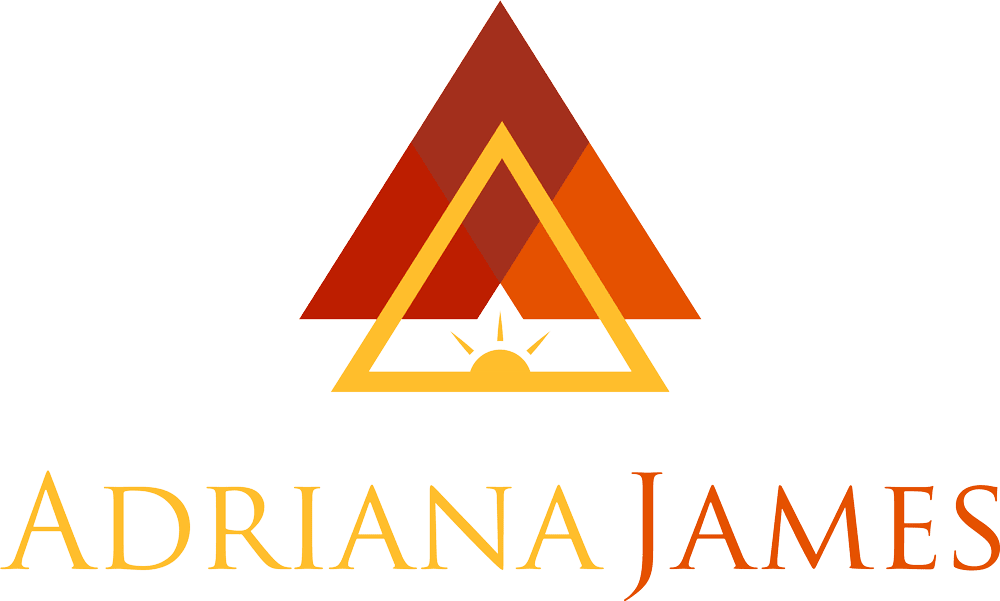 |
By Sue Brereton – Guest Writer |
In Part 1 of this article I shared with you an “Aha!” moment that happened during an amazing conversation I had with one of our students in a post-training coaching support context. The whole conversation was centred around the recognition of NLP and Time Line Therapy® skills which once learned cannot be unlearned since they become part of our thinking. Therefore they are there, available to our minds to assist us in finding solutions and resolve problems we encounter in our daily lives.
As the In-House Coach for the Tad James Company in Australia, I talk to countless students and graduates each week. It is such a privilege to be a part of so many people’s journey whilst they gather the skills of NLP, Time Line Therapy®, Hypnosis and NLP Coaching and also experience their own personal growth and transformation.
At the end of Part 1 I was discussing the time I was conflict coaching (as in conflict resolution), and I was taught (many years before NLP) a model to use in my coaching sessions with the conflicted person.
In one section of the model it says to explore the client’s values and beliefs and then get them to step into the shoes of the person they are in conflict with. I never really understood the value of this and often it was a difficult thing for the client to do. I think the difficulty came from a couple of things that I can recognise now. Firstly, insufficient rapport (I now know that rapport is so much more than a friendly chat about the weather); secondly, I knew nothing of values and how to explore them, or the beliefs of the client, and thirdly, well, all I really need to say to this audience is perceptual positions.
Now I find that the skills I have learned in NLP have become micro skills of every other process or model that I have ever been taught. There are a plethora of examples that could be given from Mediation models to negotiation and investigative models. The important thing to recognise is that regardless of the macro skill, regardless of what you are doing or the context in which you are working, you are using NLP. The NLP Communication Model, the Milton and Meta Model, meta programs, values, logical levels, rapport, sensory acuity, strategies, actually the majority of the table of contents of your manuals are being used in your daily exchanges with others. We can embrace the anacoluthic* nature of some of the language patterns, rather than getting annoyed with what seems to be an unfinished sentence because we understand the purpose. You can’t unlearn something, your lexicon has been added to and developed, permanently!
It is wonderful to experience the growth of the students and graduates first hand. I had a conversation with a graduate recently who was somewhat perplexed about, in their language, “the learning junkies”. This particular graduate said to me:
“Why are all these people doing all this other training when all they need is already in their unconscious mind?”,
They continued
“If you want to do x, y or z then just look critically at what you have learned and apply it to the situation. It doesn’t have to be hard, everything we have learned is so bloody easy, so effective, and so simply wonderful! I don’t understand why people need to make things hard for themselves”.
I thought for a moment and then replied; “So how do you know that you have assimilated what you have learned and that you or others are skilled in the application of those learnings?” There was a long silence on the phone and then raucous laughter, the student replied
“I can feel you probing my language down the phone line, Sue! Ok, hit me with it”
I said in response, “Ok, I think that some people feel, some people love the feeling they get from learning. They want to gather a knowledge base that is broad and diverse it needs to be tactile; you could say they feel comfortable in developing their macro skills. Others have a love of learning and want to feel solid, in thinking critically about what they have learned, you could say there is a warmth in the unpacking of those macro skills. They feel the need to develop those skills, to enable them to apply them to everything they do, immerse themselves in it. You could say it becomes a micro skill across all that they do.”
They reply given still resonates with me,.
“Right, cool, so it doesn’t matter what we are doing and how we consciously feel about it, because either way it is all a great big jigsaw puzzle, it all fits together to provide the comfortable base, a solid foundation for change and transformation. This is experienced on so many levels. The presence of NLP, Time Line Therapy®, Hypnosis and NLP Coaching can be felt at every level. If we were to think about it. Wow thinking critically about it,is cool.”
There was only one thing that I could reply with, that familiar phrase “that’s right”.
NOTE* – Anacoluthic – An abrupt change within a sentence to a second construction inconsistent with the first, sometimes used for rhetorical effect; for example, “I warned him that if he continues to drink, what will become of him?”












































